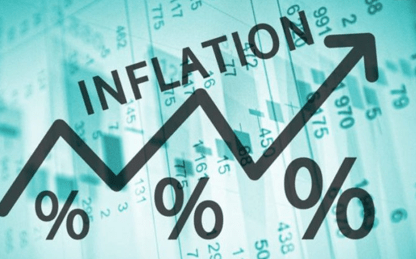Inflation has again surged for a second consecutive month, to 22.1 percent in October this year; this marks a rise from 21.5 percent in September according to the Ghana Statistical Service (GSS).
The uptick underscores ongoing inflationary pressures affecting essential goods and services, driven by factors such as currency depreciation, fuel price hikes and rising cost of food.
Food inflation continued to be a significant factor, with a year-on-year increase of 22.8 percent in October. Non-food items saw a relatively lower inflation rate of 20.9 percent.
Key drivers of inflation include the Food and Non-Alcoholic Beverages category, which rose by 22.8 percent year-on-year – fuelled by rising prices of staples such as grains and vegetables.
Additionally, housing, transport and healthcare costs contributed to inflationary pressures, reflecting increased utility costs, fuel price volatility and persisting supply chain disruptions.
The 22.1% rate for October 2024 is a 0.6 percentage point increase relative to year-on-year inflation recorded in the previous month.
It is to be recalled that the Bank of Ghana (BoG) revised its year-end inflation target to 18 percent; up from an optimistic earlier projection of 17 percent. A surprise inflation surge in September sparked questions about the rate-cut’s timing.
The Bank of Ghana (BoG), at its MPC meeting on 25–27 September, slashed the policy rate by 200 basis points to 27.00%.
DataBank, a financial services firm, predicted inflation could reach as high as 23.5 percent by year-end, driven by fluctuating fuel costs and persistent currency depreciation.
In fact, inflation has been stuck in the lower-twenties since December 2023, after being brought down drastically from a peak of 54% a year earlier in December 2022.
The Institute for Economic Affairs has expressed deep concern about the persistent higher inflation, noting that that Ghanaians spend 43% of their monthly budget on food alone; leaving 57% for all other necessary consumer items.










